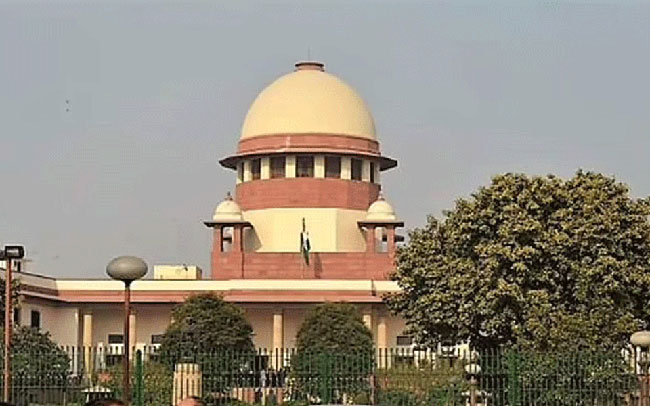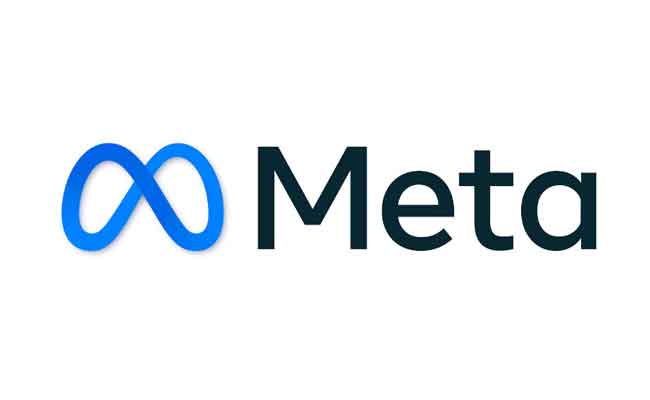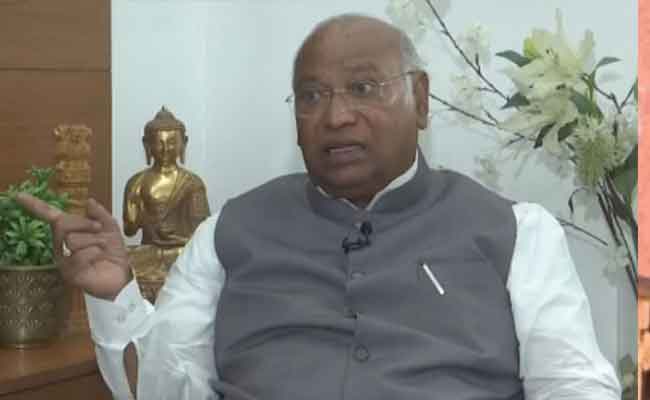New Delhi(PTI): The Supreme Court on Tuesday pulled up the Uttarakhand State Licensing Authority for inaction in the misleading advertisements case involving Patanjali Ayurved Limited.
Expressing dissatisfaction over the explanation offered by the body, a bench of Justice Hima Kohli and Justice Ahsanuddin Amanullah observed it appeared that the licensing authority got activated to take action in accordance with the law only after the apex court's April 10 order.
"Be honest to the court if you want sympathy and compassion…," the bench observed.
The top court said its main concern is whether the licensing body took action in accordance with the law in the matter.
The bench has posted the matter for hearing on May 14.
While hearing the matter on April 10, the apex court came down heavily on the Uttarakhand State Licensing Authority for inaction and said it was not going to take it lightly as the body appeared to have kept its "eyes shut deliberately".
Let the Truth be known. If you read VB and like VB, please be a VB Supporter and Help us deliver the Truth to one and all.
New Delhi: During the ongoing Lok Sabha elections, Meta, the parent company of Facebook and Instagram, faces criticism for approving politically motivated advertisements containing hate speech and disinformation. According to a recent report, Meta approved several ads manipulated by Artificial Intelligence (AI), spreading disinformation and targeting specific demographics.
The report reveals that despite rejecting some ads, including one targeting Prime Minister Modi for misinformation, Meta approved others that targeted Muslims, violating its own policies on hate speech, bullying, harassment, misinformation, and violence incitement. These approved ads contained slurs against Muslims and Hindu supremacist language, further exacerbating tensions.
India Civil Watch International (ICWI) and Ekō, an accountability organization, submitted 22 ads to Meta, of which 14 were approved, highlighting the platform's failure to detect harmful content. Although Meta stated it requires advertisers to disclose their use of AI, critics argue that the platform lacks effective measures to address hate speech and disinformation.
Meta's history of failing to curb Islamophobia on its platforms adds to the skepticism regarding its ability to regulate harmful content during critical events like elections. With concerns over the proliferation of hate speech and disinformation online, questions arise about Meta's responsibility in safeguarding its users and ensuring a fair electoral process.





